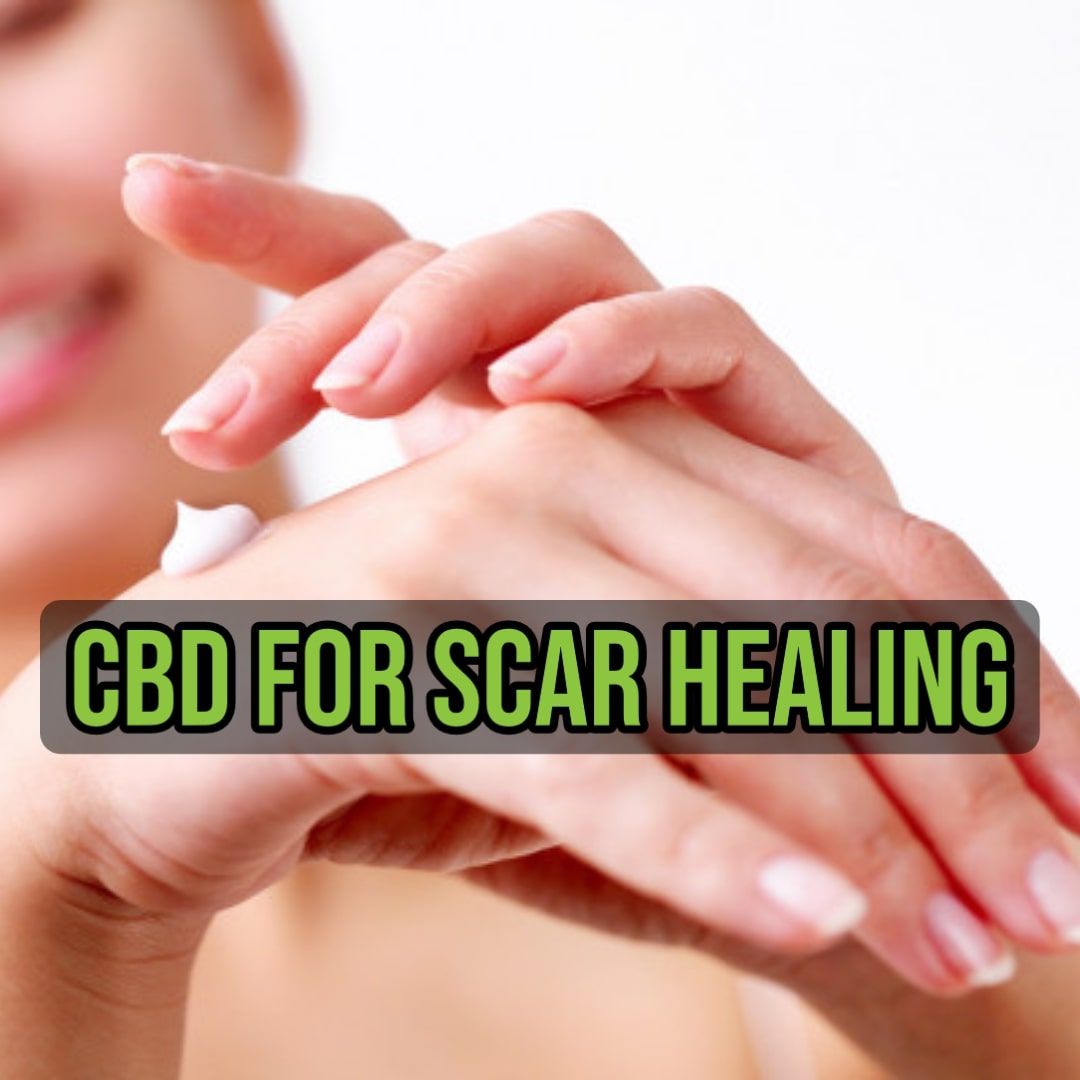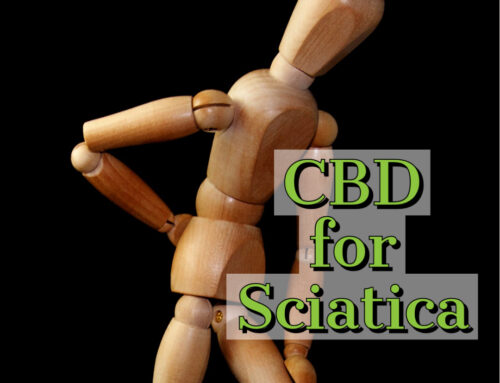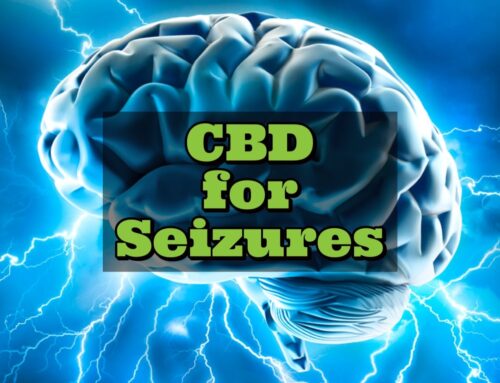Scars are a normal part of healing, and for most people, they do not cause significant problems. However, for some people scars can have a major impact on their quality of life. Not only may they be painful or itchy, but they can also cause psychological distress.
Scars occur following injury to the skin, whether it be a cut, a burn, or a skin condition such as acne. When the skin breaks, this causes an inflammatory response. The body releases white blood cells, which protect the damaged area from infection. Cell fragments called platelets also travel to the area to help the blood clot.
Once any bleeding has stopped, cells called fibroblasts begin to produce a protein called collagen. It helps to strengthen the wounded area while it heals. Collagen also causes the area to become bumpy or raised. Meanwhile, blood flow to the region increases, causing a red appearance. This is the first stage of scar formation, which can last for several months. Over time, the extra collagen begins to break down, and blood flow returns to normal. At this point, a scar will usually flatten and fade.
The process can take as long as 2–3 years, but scars do not often cause significant problems. However, there are always exceptions. Sometimes, scars can become worse over time. There are many types of scars that include fine-line scars, widespread scars, pitted scars, scar contracture, hypertrophic scars, and keloid scars. Treatment for scars include silicone gel or dressings, pressure dressings, steroid creams, laser treatment, dermabrasion, surgery, and skin camouflage or makeup.
Cannabidiol (CBD) is a non-psychoactive compound derived from the hemp plant known for its potential therapeutic effects. CBD works by acting upon the body’s endocannabinoid system (ECS). The ECS is responsible for regulating a vast range of biological functions.
It is present in most human tissues, including the skin. Here, it plays a role in cell growth and development. It also helps to regulate the inflammatory response. A 2019 study by Toth and colleagues for Molecules suggests that it controls the action of fibroblasts (collagen-producing cells).Therefore, by enhancing activity in the ECS, CBD could potentially aid healing and reduce scar formation.
The authors even suggest that modulating the system’s effects might be “desirable to achieve scar less healing.”A 2016 study by Zurier and Burstein for The FASEB Journal supports this theory. It suggests that cannabinoids like CBD have both anti-inflammatory and antifibrotic properties.
The Miller Healer 1000mg Salve Stick or 2000mg CBD Cream can be applied to the injured area to help in the healing process.
Always consult your primary care physician before starting a new treatment.
Our team of specialists are always available to provide you with education and assist you with any questions regarding CBD.






Leave A Comment
You must be logged in to post a comment.